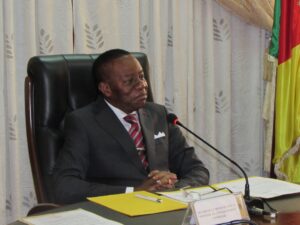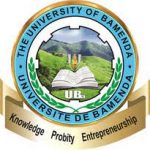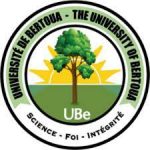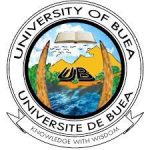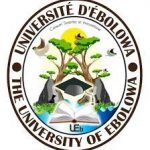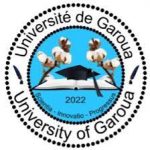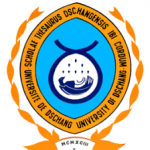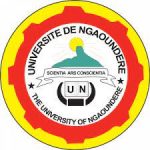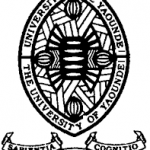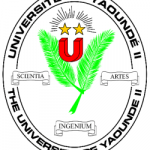The Unit for the Fight against Corruption and Promotion of Ethics in Higher Education
The fundamental mission that the State assigns to Higher Education in Law No. 005 of 16 April 2001 on the orientation of higher education is the production, organization and dissemination of scientific, cultural, professional and ethical knowledge for the development of the nation and the progress of humanity. This mission leads to the setting of research objectives of excellence in all areas of knowledge; The promotion of science, culture and social progress; Social advancement, with the participation of competent national structures and socio – professional circles, in particular as regards the definition of programs and the organization of theoretical lessons, practical work and placements; Support for development activities; The training and development of cadres, and the strengthening of the ethical and national consciousness. As such, the fight against corruption and the promotion of ethics are among the priorities of the Ministry of Higher Education. For example, in 2005, the Minister of Higher Education created by Order No. 05/0052 of 02 March 2005 a Unit for the Fight against Corruption and Promotion of Ethics (CCLPE) in Higher Education.
The missions devolved to this structure are:
- Ensure the effective implementation of the anti-corruption measures prescribed by the Ministry in the context of the Government Anti-Corruption Plan;
- To carry out any mission relating to the prevention and suppression of corruption within the Ministry of Higher Education and in public and private academic institutions;
- To propose all measures to curb this scourge;
- Promote ethics and standards of good governance within the Ministry and in public and private academic institutions.
In accordance with Article 7 of the above decree, the Unit sends a copy of its mission and activity reports to CONAC. In addition, it is obliged to assist and support CONAC in its missions to MINESUP departments and agencies.
The unit is placed under the authority of an Inspector General and includes, in addition to its president, four representatives of the Administration and four representatives of civil society or NGOs engaged in the fight against corruption or the promotion of good governance.
As far as tools aimed at preventing, sensitizing and punishing acts of corruption are concerned, significant progress was made, with the creation in 2013 by the Prime Minister, Head of Government, the National Commission for Medical Training, Pharmaceuticals And Odontostomatologique (CNFMP), the major contribution that digital development has made to all university administrations. This computerized tool makes it possible to reduce the potential pernicious effects of the manual deferral of notes and the physical monitoring of the files while at the same time improving the validity, convenience and objectivity of examinations and knowledge assessments in the institutions Higher Education (IES).
At the level of behavioral change and the reduction in the intensity of corruption, convincing results have been noted in a large number of areas, based on a reduction in the number of denunciations, disciplinary councils and more Generally acts of repression in academic institutions.


